Female Physician Entrepreneurs

"Thanks for everything Sharon.
I have learned so much from you and the other ladies in the program. You created a wonderful community as well.
I am stronger and more confident too. Thank you."
Founder-Female Physician Entrepreneurs
Female Physician Entrepreneurs is a dynamic community designed to empower women physicians by exploring the intersection of medicine and business. This network of over 10,000 women physicians, fosters collaboration, learning, and inspiration among like-minded professionals. Through monthly workshops, members gain access to valuable insights, practical strategies, and actionable tools to enhance their entrepreneurial ventures. Female Physician Entrepreneurs is more than a community—it's a platform for growth, innovation, and the pursuit of professional and personal excellence.

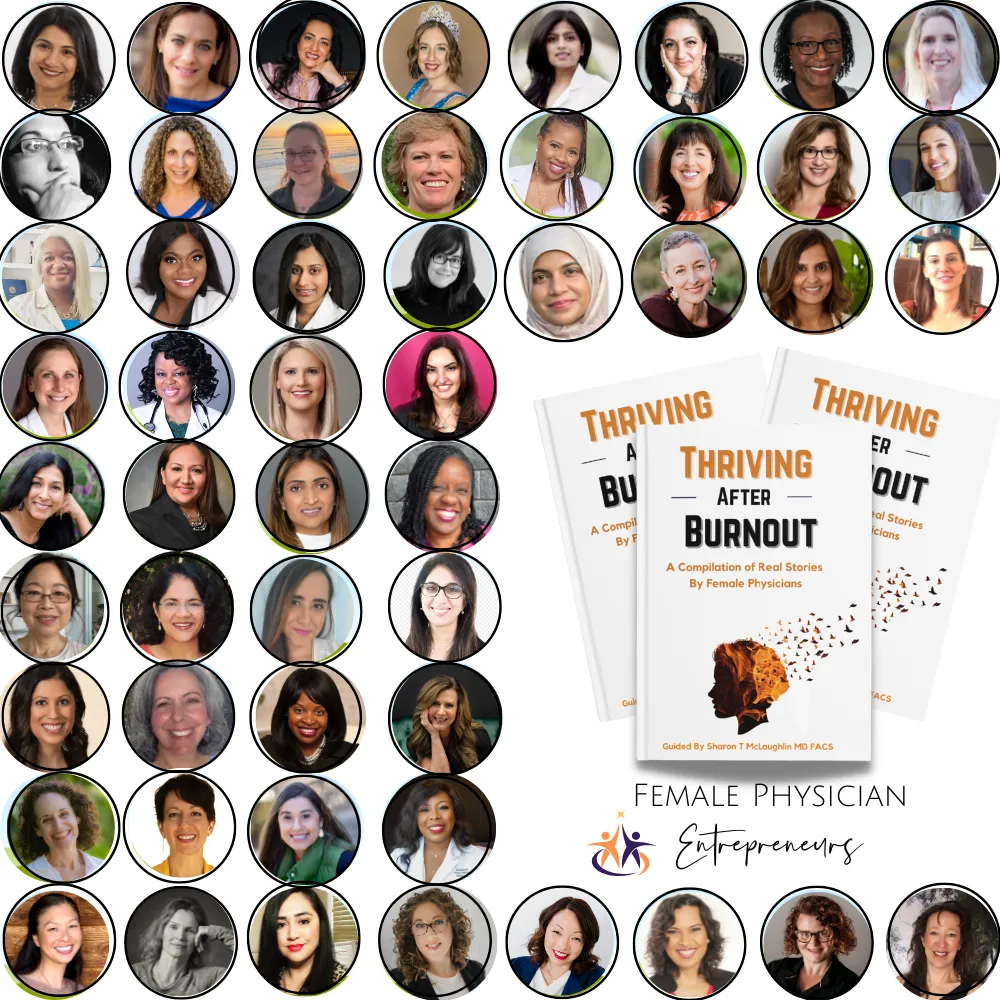
Thriving After Burnout
Harnessing the strength of unity, I leveraged the force of community to amplify our voices and extend support to women experiencing burnout.
With more than 50 women physicians who encouraged each other to open up and share their personal narratives on overcoming burnout and discovering effective coping strategies. Our book became a best-seller on Amazon.
The profound impact of our collaboration manifested in the form of a bestselling book on Amazon. It is a testament to the potency that lies within the collective strength of numbers.
Journals
Dive into a transformative journey designed to nurture your mind, soothe your soul, and
elevate your mental well-being. With over 570 carefully crafted journal prompts, this book provides you with the tools you need to embark on a journey of self-discovery and growth. Each prompt is thoughtfully designed to spark introspection, encourage mindfulness, and foster positive change in your life. Discover the therapeutic power of journaling as you delve into your innermost thoughts and emotions. You'll uncover insights, gain clarity, and develop a deeper understanding of yourself.Make self-care a priority and invest in your mental health with "Prompted Journal For Women." Your journey to a happier, healthier you starts here.

Join Us For Our Monthly Workshops
We host empowering monthly workshops designed exclusively for women, covering a wide range of topics from career development and entrepreneurial strategies to cultivating inner peace and balance. These online live sessions provide a supportive and inspiring environment where you can connect with like-minded individuals, share experiences, and gain valuable insights. Whether you’re looking to advance your career, find clarity in life’s challenges, or simply be part of a vibrant community, our workshops offer the tools and connections to help you thrive. Join us and take the next step in your journey toward growth and fulfillment!
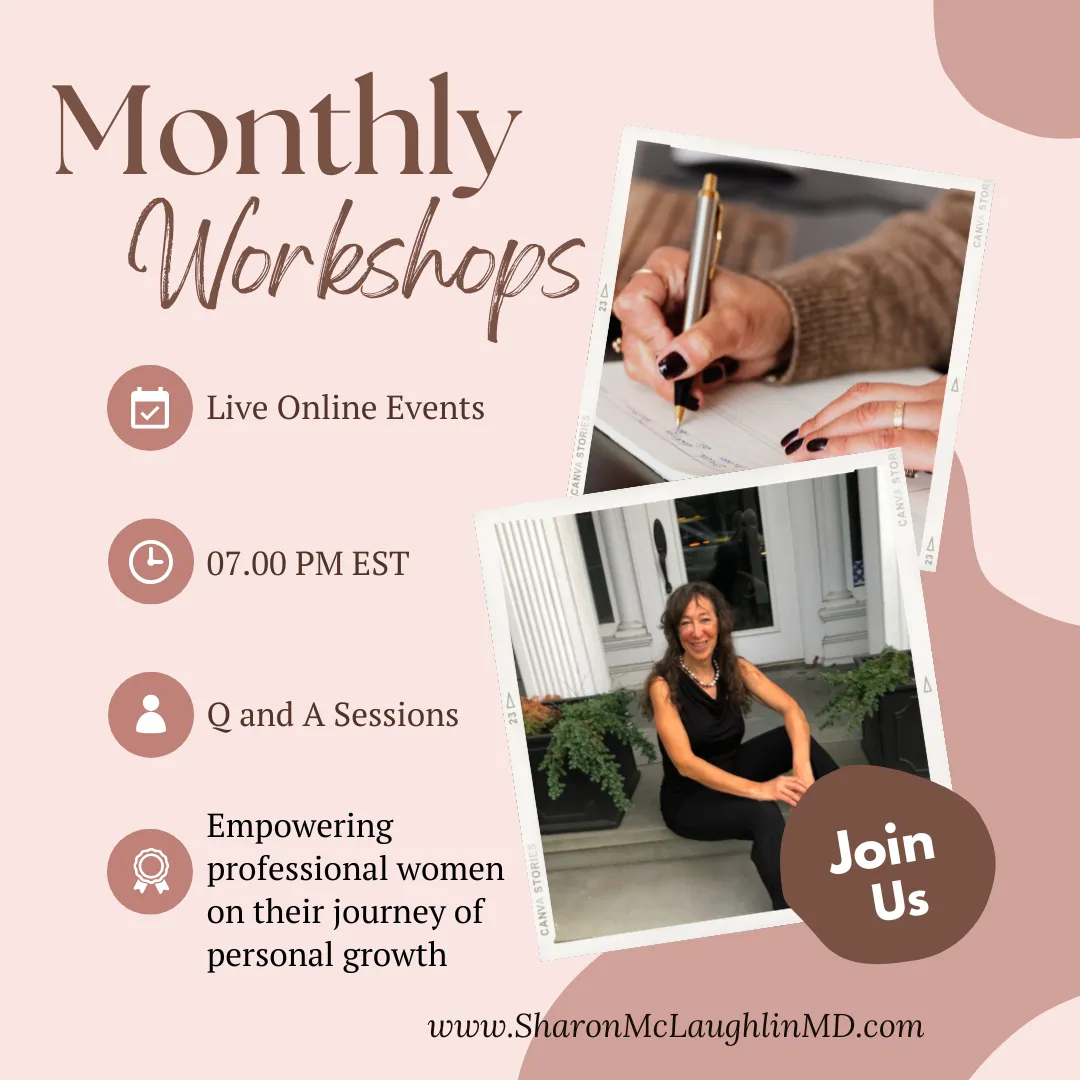
I consent to receive occasional newsletter communication from
Sharon McLaughlin, LLC. You can unsubscribe at any time.
Our Blog
The Power of Peacefulness is a blog designed for professional women seeking balance, growth, and fulfillment in their lives. Covering topics on career, relationships, and self-improvement, the blog provides actionable insights and inspiring stories to help readers cultivate inner peace while navigating the complexities of modern professional life. Whether you're looking to realign your career with your values, build meaningful relationships, or invest in personal growth, this blog offers practical advice and empowering perspectives tailored to the unique challenges and aspirations of professional women.

I Am Passionate About Helping Women To Find Peace.
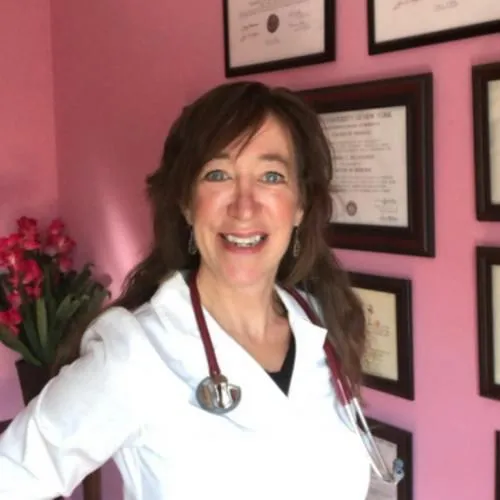
Sharon T McLaughlin MD FACS
In my earlier days as a plastic surgeon, I grappled with a lack of confidence that hindered my ability to assert myself and establish clear boundaries, eventually leading to burnout. I did the inner work and became a certified executive coach. Today, I am passionate about empowering other women to help build a life that has both purpose and peace.
I oversee the Female Physician Entrepreneurs Group, dedicated to providing women physicians with a nurturing environment to acquire knowledge in the field of business. Our community of over 10,000 women physicians fosters networking, learning, personal growth, and empowerment.Whether you're interested in technology, healthcare, book writing, coaching, or consulting, we have a wide range of resources to support your endeavors.
How I Serve Others
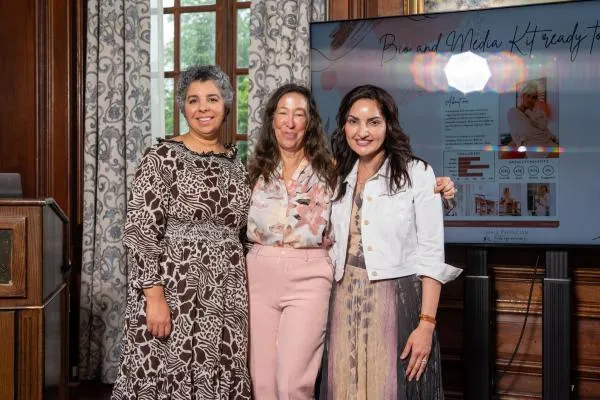
Speaker
Peacefulness plays a pivotal role in shaping the professional growth of female employees, contributing to the creation of a more inclusive and diverse work environment. My talks specifically address the distinct challenges that women frequently encounter, they can serve as a powerful catalyst for motivating women to overcome self-doubt, imposter syndrome, and various confidence-related obstacles. This newfound empowerment, in turn, leads to heightened levels of engagement, productivity, and the realization of greater leadership potential among female team members, ultimately resulting in broader benefits for the entire organization.
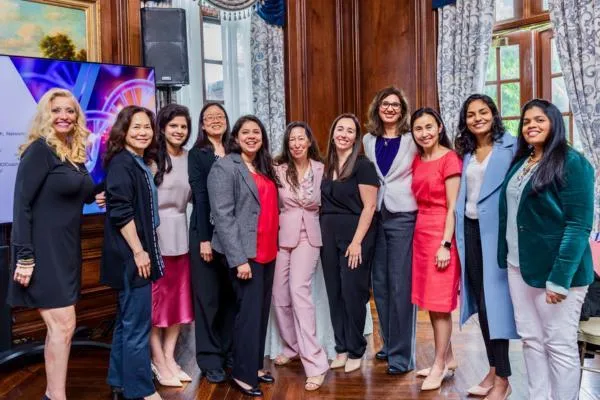
Author
I am an author as writing serves as a powerful tool for cultivating peace in our lives by providing a safe space for self-expression, reflection, and introspection. Through the act of putting pen to paper, we are able to explore our thoughts, feelings, and experiences with honesty and vulnerability. This process allows us to gain clarity on our emotions, identify patterns and triggers, and release pent-up stress and anxiety. As we delve deeper into our inner world through journaling, we develop a greater understanding and acceptance of ourselves, fostering a sense of inner peace and tranquility. Additionally, journaling enables us to document moments of gratitude, joy, and growth, reminding us of the beauty and positivity that exists in our lives even amidst challenges.
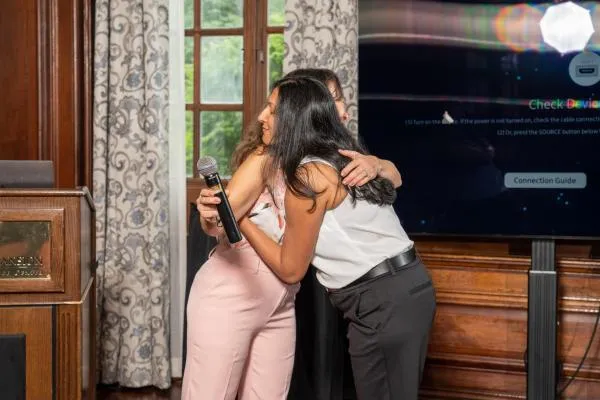
Blog/Podcast
Every woman should have the opportunity to experience empowerment, self-assurance, and the potential to realize their dreams. From fostering personal growth and self-care practices to cultivating resilience and overcoming self-doubt, our podcasts are carefully crafted to assist you in nurturing self-confidence, regardless of where you are on your personal journey.We regularly feature experts, coaches, and thought leaders who generously share invaluable insights and practical advice aimed at empowering you to build confidence in various aspects of your life. Stay tuned with us by subscribing to our podcast to ensure you never miss an episode
"Sharon's group has been a lifeline for me. Starting an entrepreneurial journey as a full-time practicing physician can feel like trying to climb a mountain alone. Being in FPE is like being guided by someone (SHARON) who has been up the mountain several times with a team of like-minded women physicians who support each other along the way! I'm so grateful for encouragement from all the women in this group!"
“Bravo, Dr. McLaughlin on creating a high-quality, comprehensive, and guided program for physician entrepreneurs. I’d recommend FPE to any physician considering entrepreneurship”
"I have been a part of the business school for the last year and it has been such a great experience! I’ve learned so much. The community of this group is what I love the most. It’s such a supportive and uplifting environment. I’m so grateful for Sharon and appreciate all that she does!"
“Sharon sets a tone and culture which invites us to be our very best selves - sharing, encouraging, leading. Having the chance to participate in her event was a breakthrough in confidence and direction for me. Thank you Sharon for all that you do for our community!"
"Female physician business mindset group has been an amazing find! I joined thinking it might teach me about business strategies. And it does! Sharon brings so much value to this group. Business insights, industry leaders/ speakers. But best of if all it’s a community. The women that show up are supported, advised, offered ideas and given a comfortable space to share their discomforts and fears.
"I am so grateful for Dr. Sharon McLaughlin and her Female Physician Entrepreneur Business School. It is SO valuable to have a Mastermind of women physicians to share in my entrepreneurial journey. Above and beyond that, Sharon shares so many well-vetted resources that we need along the way..so I don't feel like I'm re-inventing the wheel. Truth is...taking the entrepreneurial path can sometimes feel daunting.. with Dr. Sharon you never feel alone, and always feel supported, celebrated, and lifted up! Thank you Thank you Thank you!"
"Sharon's group has been a lifeline for me. Starting an entrepreneurial journey as a full-time practicing physician can feel like trying to climb a mountain alone. Being in FPE is like being guided by someone (SHARON) who has been up the mountain several times with a team of like-minded women physicians who support each other along the way! I'm so grateful for encouragement from all the women in this group!"
Good Things Happen When We Empower Women
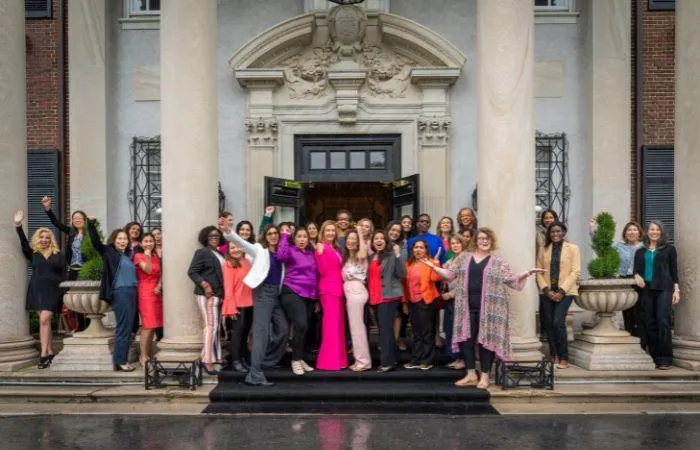
Medical Disclosure
The information on this site is for general purposes only and is not a substitute for professional medical advice, diagnosis, or treatment. Always consult a qualified healthcare provider for personalized guidance
Copyrights 2024 Sharon T McLaughlin, LLC